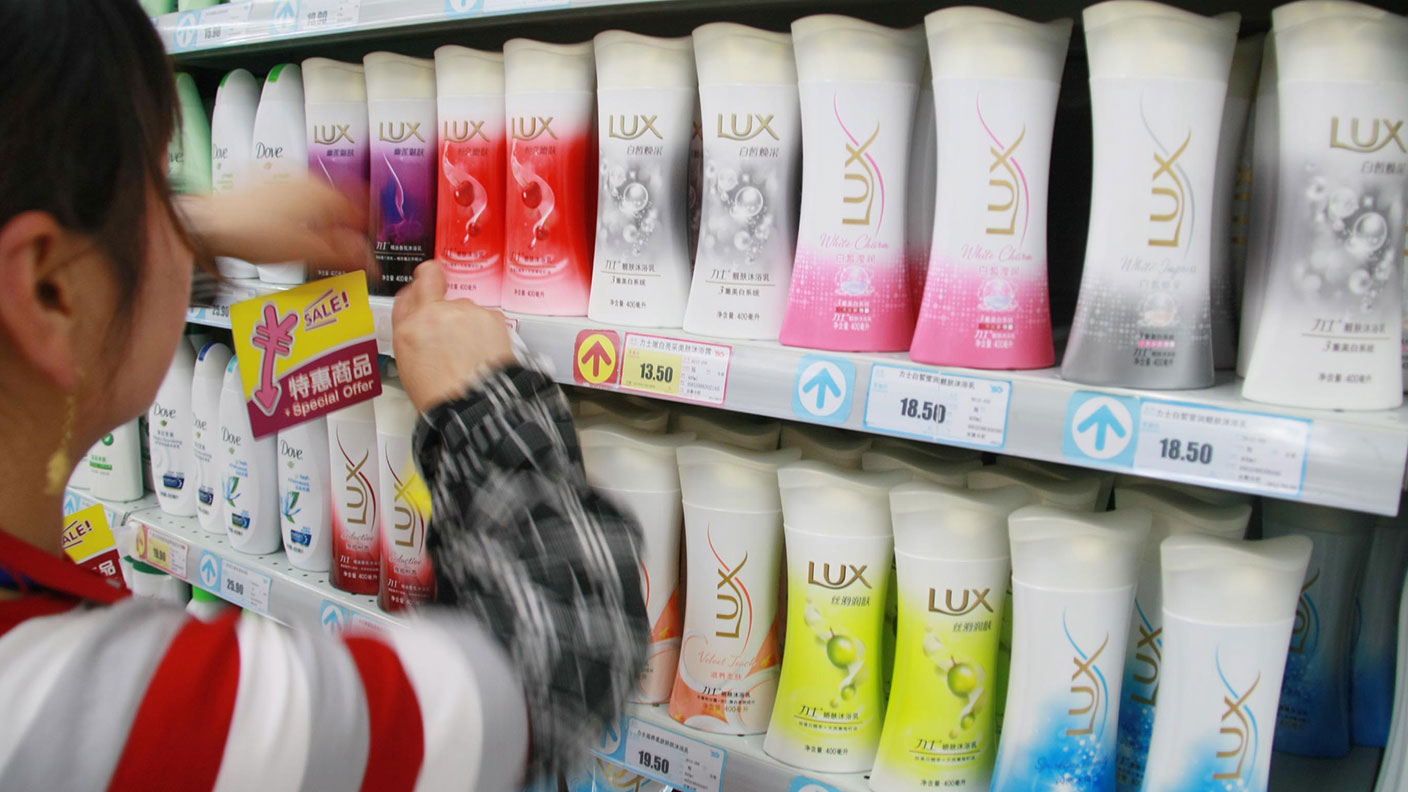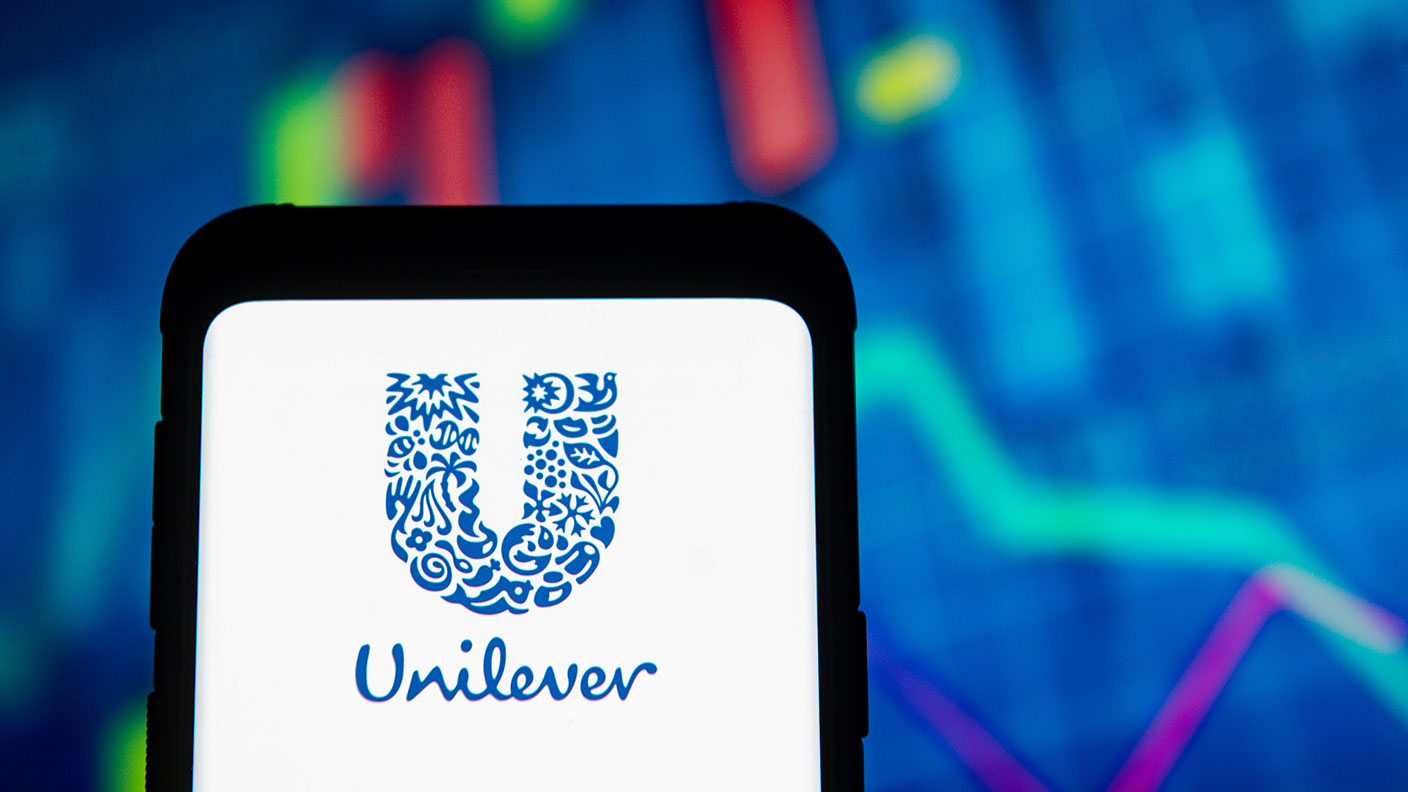Unilever leaves Britain
Consumer-goods giant Unilever has chosen Rotterdam over London for its unified headquarters. Takeover threats and taxes played a part. Alice Gråhns reports.
Get the latest financial news, insights and expert analysis from our award-winning MoneyWeek team, to help you understand what really matters when it comes to your finances.
You are now subscribed
Your newsletter sign-up was successful
Want to add more newsletters?

Twice daily
MoneyWeek
Get the latest financial news, insights and expert analysis from our award-winning MoneyWeek team, to help you understand what really matters when it comes to your finances.

Four times a week
Look After My Bills
Sign up to our free money-saving newsletter, filled with the latest news and expert advice to help you find the best tips and deals for managing your bills. Start saving today!

The consumer-goods giant has chosen Rotterdam over London for its unified headquarters. Takeover threats and taxes played a part. Alice Grhns reports.
"Britain's third-biggest company has confirmed Europe's worst kept corporate secret," says Matthew Vincent in the Financial Times. Consumer-goods giant Unilever, the maker of Dove soap and Hellman's mayonnaise, has announced that its two separate holding companies, one Dutch, one British, will become a single group incorporated in the Netherlands. It has chosen Rotterdam over London as the location for its new unified headquarters.
Why did the 130-year-old company make a choice in the first place? It got a nasty fright last spring when US firm Kraft Heinz launched a hostile $143bn takeover bid, says Stephen Wilmot in The Wall Street Journal. While the bid failed, the "trauma of becoming a... target" prompted a major strategic review, which ultimately convinced Unilever's management that "it needed flexibility to shake up its portfolio of consumer brands".
MoneyWeek
Subscribe to MoneyWeek today and get your first six magazine issues absolutely FREE

Sign up to Money Morning
Don't miss the latest investment and personal finances news, market analysis, plus money-saving tips with our free twice-daily newsletter
Don't miss the latest investment and personal finances news, market analysis, plus money-saving tips with our free twice-daily newsletter
Facilitating acquisitions of other firms and fending off predators are crucial in this regard. Unilever's decision "to go Dutch is about giving itself advantages in mergers and acquisitions, whether bidder or target", say Andrea Felsted and Chris Hughes on Bloomberg Gadfly. Now, any future approach for Unilever would come under the jurisdiction of Dutch takeover rules rather than those of the UK Takeover Panel.The Netherlands regime allows potential targets to take more drastic action to frustrate bidders.
It's not about Brexit honest
Becoming a single legal entity also makes it easier and more tax-efficient for Unilever to use its shares as currency in a major acquisition. Having a single set of shareholders also makes demergers less of a hassle. Unilever will now be able to scoop up Este Lauder or Colgate-Palmolive in the US, for instance, and ditch its food business: "bulking up in the faster-growing personal-care business and offloading"slow-growing food would help pre-empt another hostile bid from Kraft. A revamp of the firm into three divisions, beauty, home care and foods, further emphasises that the move is all about streamlining and strategy.
Unilever denies the move has anything to do with Brexit and will "retain a big presence in Britain", says Carol Ryan on Breakingviews. Its 7,300 UK-based employees will keep their jobs and the two fastest-growing divisions, representing 60% of revenue, will be run from London. Still, it's a setback for Theresa May "as she grapples with the fallout from Brexit, and a victory for her Dutch counterpart Mark Rutte. The former Unilever employee helped swing the decision by scrapping a Dutch dividend withholding tax that penalised overseas investors". Unilever will remain listed in London, but seems unlikely to stay in the FTSE 100 index. Shareholders in Unilever's Dutch and UK entities get to vote on the plan. Three-quarters of the latter will need to back it, but overall the rejig "should be good for investors".
Get the latest financial news, insights and expert analysis from our award-winning MoneyWeek team, to help you understand what really matters when it comes to your finances.
Alice grew up in Stockholm and studied at the University of the Arts London, where she gained a first-class BA in Journalism. She has written for several publications in Stockholm and London, and joined MoneyWeek in 2017.
Alice is now Consumer Editor at The Sun and covers everything from energy bills to Social Security.
-
 Should you buy an active ETF?
Should you buy an active ETF?ETFs are often mischaracterised as passive products, but they can be a convenient way to add active management to your portfolio
-
 Power up your pension before 5 April – easy ways to save before the tax year end
Power up your pension before 5 April – easy ways to save before the tax year endWith the end of the tax year looming, pension savers currently have a window to review and maximise what’s going into their retirement funds – we look at how
-
 Inflation is hurting Unilever, but investors shouldn’t give up just yet
Inflation is hurting Unilever, but investors shouldn’t give up just yetAnalysis Consumer goods group Unilever has been underperforming as inflation bites. It's made errors in the past, says Rupert Hargreaves, but with valuable brands and a global reach, it still has plenty going for it.
-
 Why GSK should turn down Unilever’s billions
Why GSK should turn down Unilever’s billionsNews Unilever has offered GSK £50bn for its consumer division. But while the cash will be a temptation, the deal is not in the interests of shareholders or of anyone else, says Matthew Lynn.
-
 Unilever slides and GSK bounces after GSK knocks back £50bn bid
Unilever slides and GSK bounces after GSK knocks back £50bn bidNews Unilever shares fell to their lowest level in around five years, after its £50bn takeover bid for GSK’s consumer health unit was rejected.
-
 Unilever puts the U in U-turn
Unilever puts the U in U-turnFeatures The Anglo-Dutch consumer-products giant irritated shareholders with plans to redomicile in Rotterdam. Now it has beaten a retreat. Marina Gerner reports.
-
 Unilever and the erosion of shareholder democracy
Unilever and the erosion of shareholder democracyFeatures The way Unilever went about planning the vote on moving its head office out of the UK wasn’t normal and it wasn’t right, says Merry Somerset Webb.
-
 Nick Train: the value in Unilever
Nick Train: the value in UnileverFeatures Quality growth companies are still cheap relative to history, thinks fund manager Nick Train.
-
Unilever should snub the “crazy cost-cutters”
Features Unilever could soon dispose of some of its best-known brands in a bid to appease shareholders. But should it listen to them?
-
 Unilever sees off Kraft
Unilever sees off KraftFeatures US food giant Kraft, which swallowed up Britain’s Cadbury in 2010, has failed – for now – to do the same to Unilever. Ben Judge reports.